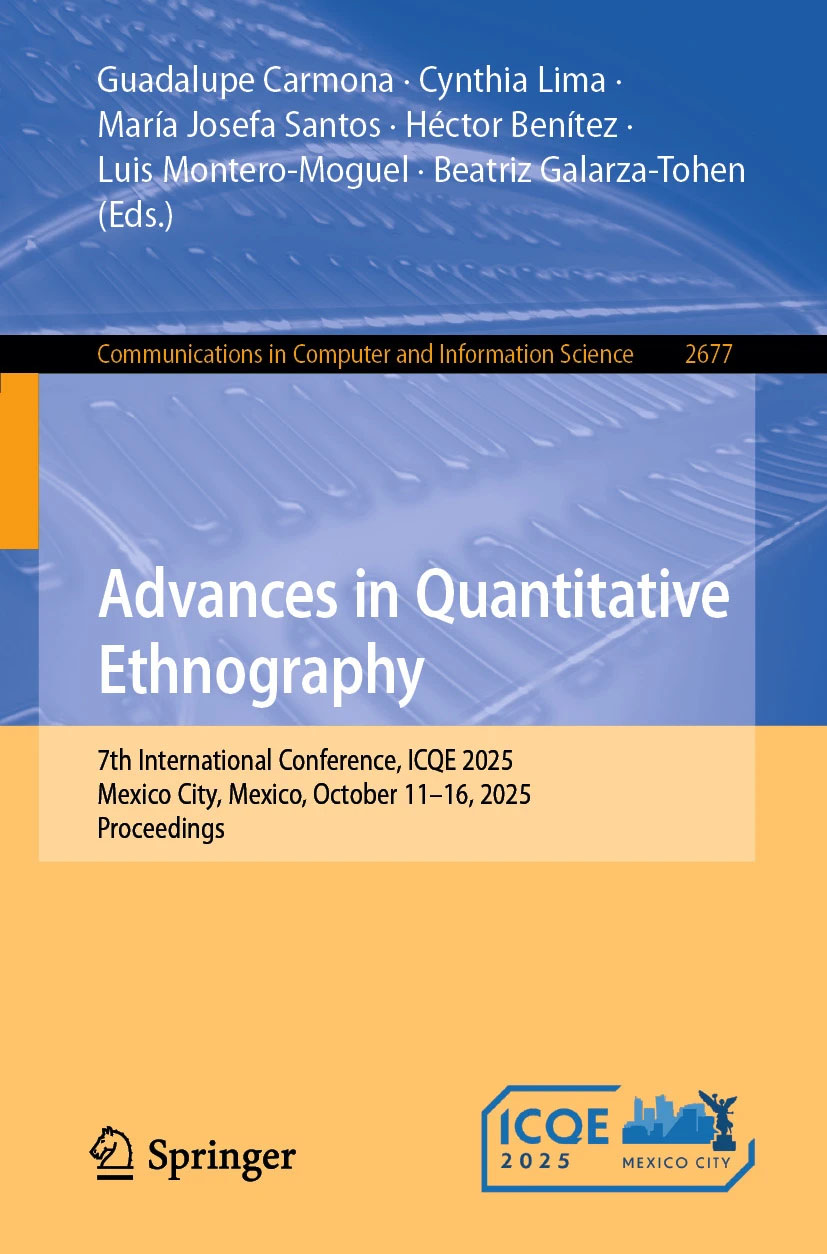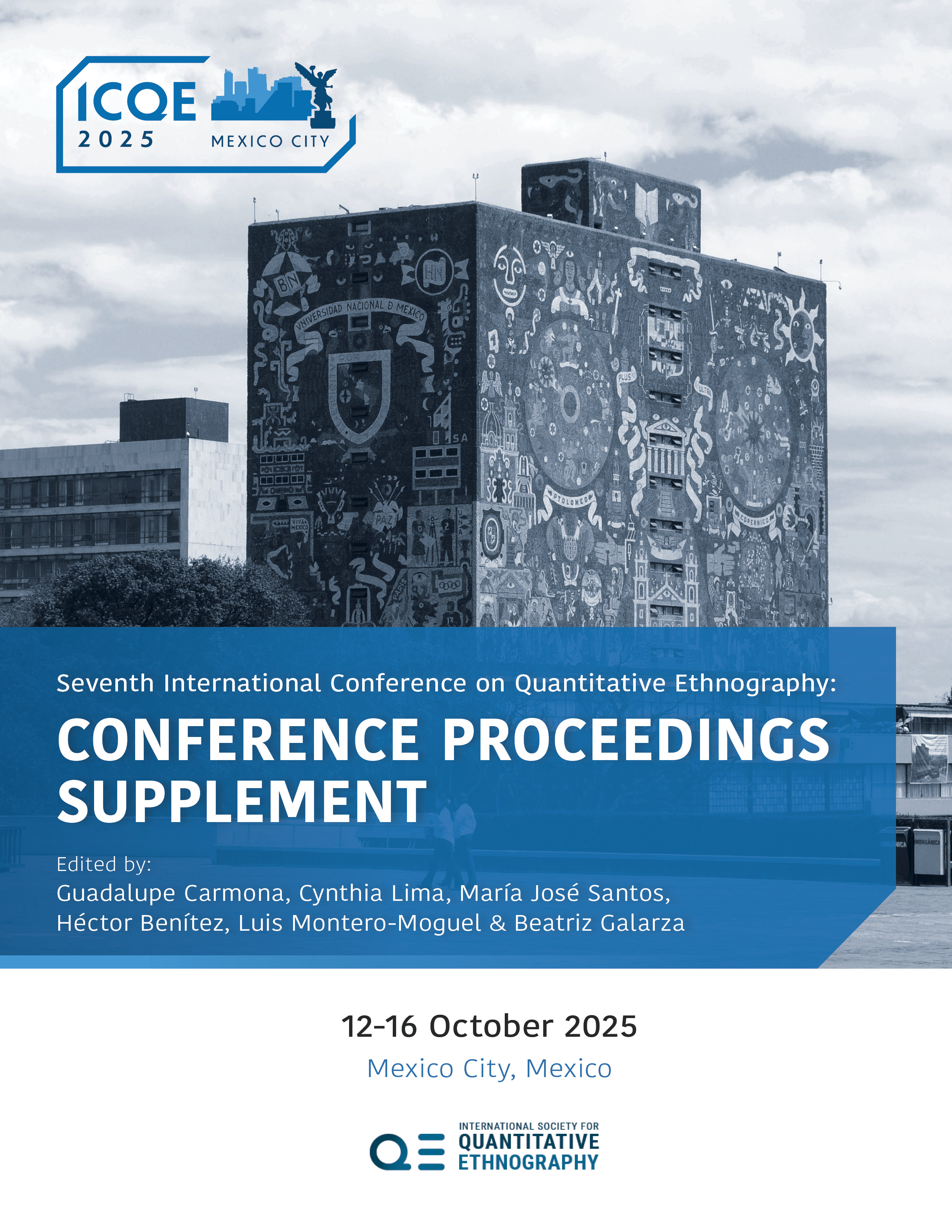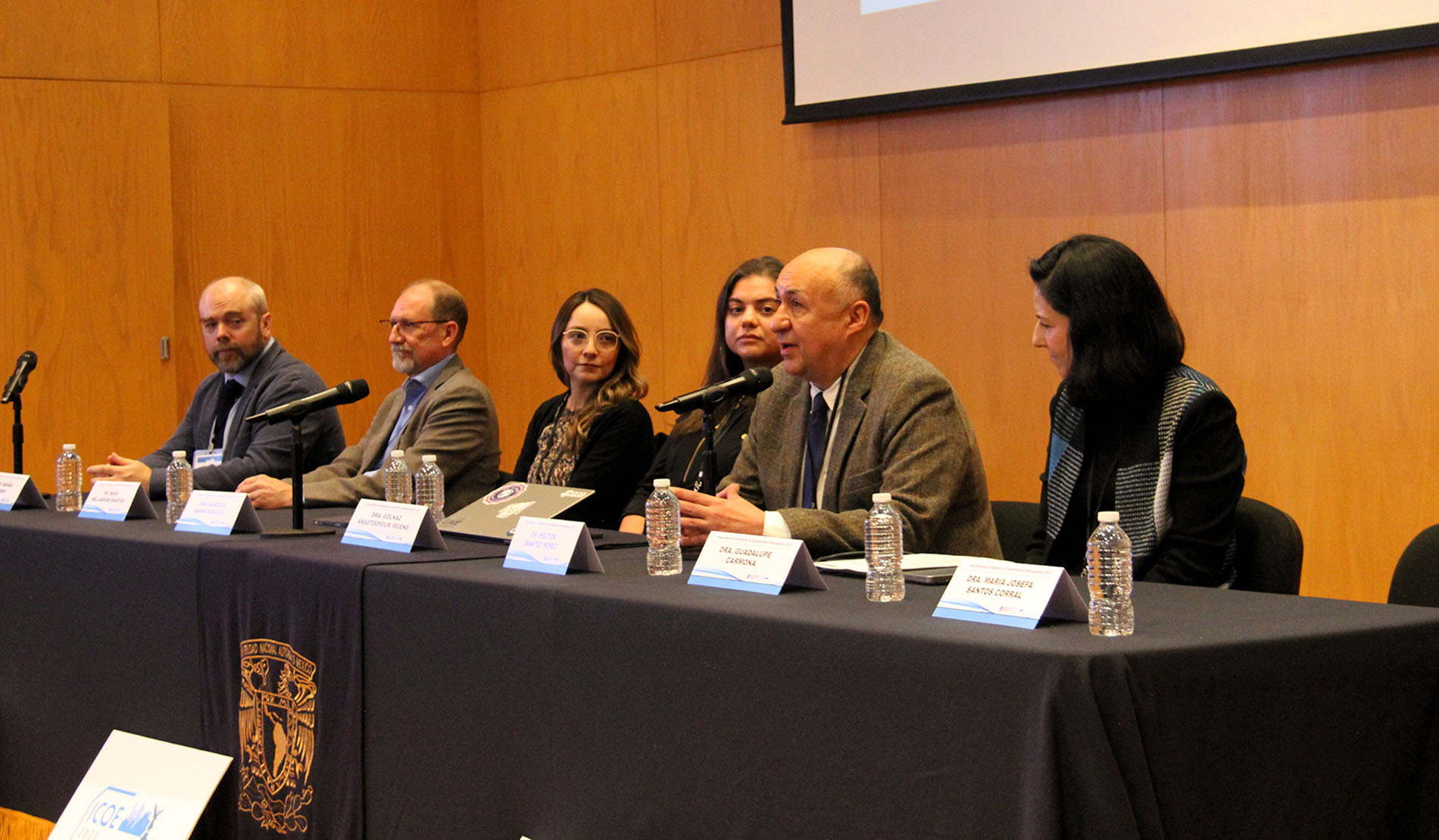

International Conference on Quantitative Ethnography 25
Mexico City, UNAM-DGTIC, Mexico | Oct 12 - 16, 2025
Featured Scholars
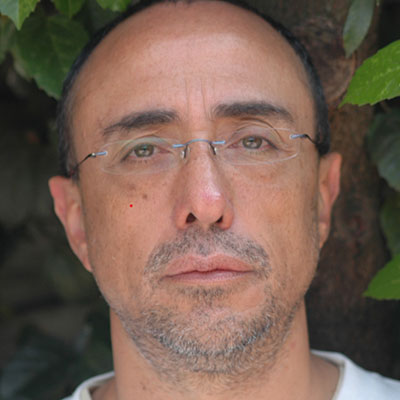
Erik Huesca Morales
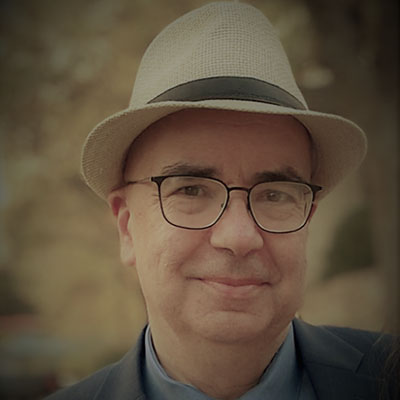
Eric Hamilton

David Williamson Shaffer
Proceedings
ICQE25 Conference Proceedings:
Guadalupe Carmona, Cynthia Lima, María Josefa Santos, Héctor Benítez, Luis Montero-Moguel, Beatriz Galarza-Tohen (2025). Advances in Quantitative Ethnography: 7th International Conference, ICQE 2025, Mexico City, Mexico, October 11–16, 2025, Proceedings
ICQE25 Conference Proceedings Supplement:
Guadalupe Carmona, Cynthia Lima, María Josefa Santos, Héctor Benítez, Luis Montero-Moguel, Beatriz Galarza-Tohen (2025). Seventh International Conference on Quantitative Ethnography: Conference Proceedings Supplement
Premier Sponsors

Committees
Program Committee
Program Chair:
- Guadalupe Carmona – The University of Texas at San Antonio
Program Committee Members:
- Shen Ba - The Education University of Hong Kong
- Héctor Benítez - Universidad Nacional Autónoma de México
- Brendan Eagan - University of Wisconsin-Madison
- Beatriz Galarza - Purdue University
- Srecko Joksimovic - University of South Australia
- Sarah Jung - University of Wisconsin-Madison
- Rogers Kaliisa - University of Oslo
- Vitomir Kovanovic - University of South Australia
- Cynthia Lima - The University of Texas at San Antonio
- Luis Montero Moguel - The University of Texas at San Antonio
- Nick Minion - University of Wisconsin-Madison
- Michael Phillips - Monash University
- Jennifer Scianna - University of Wisconsin-Madison
- María José Santos - Universidad Nacional Autónoma de México
- Jonathon Sun - University of Pennsylvania
- Bian Wu - East China Normal University
- Yeyu Wang - University of Wisconsin-Madison
Conference Committee
Conference Chairs:
- María José Santos - Universidad Nacional Autónoma de México
- Semiramis Zaldivar Granada - Universidad Nacional Autónoma de México
Members:
- Gol Arastoopour Irgens - Vanderbilt University
- Catherine Davis - University of Wisconsin-Madison
- Brendan Eagan - University of Wisconsin-Madison
- César Hinojosa - University of Wisconsin-Madison
- Nick Minion - University of Wisconsin-Madison
- Vibha Srinivasan - University of Wisconsin-Madison
Doctoral Consortium:
- Mario Sánchez Aguilar - Instituto Politécnico Nacional
- Morten Misfeldt - University of Copenhagen
